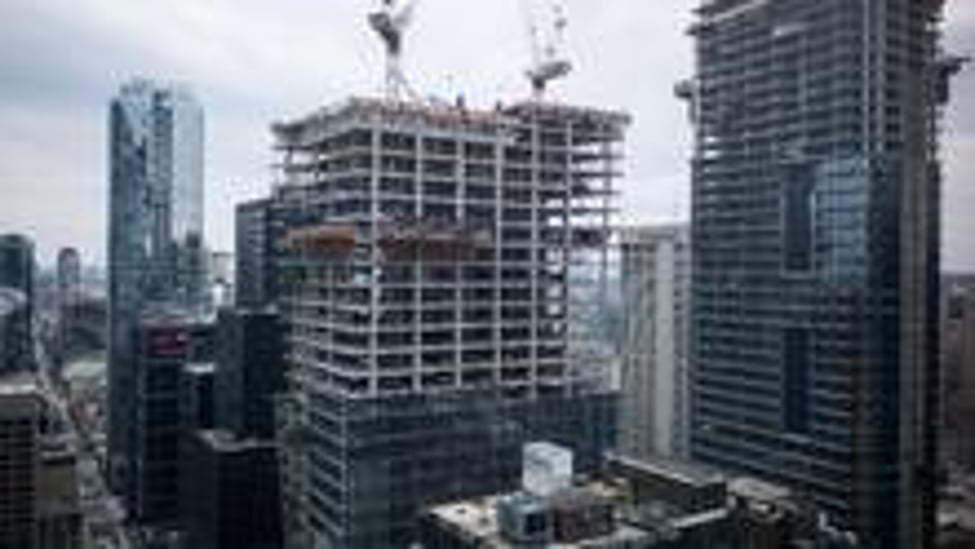Enter Blog Post Here
Toronto Real Estate Market Overheating
The Toronto real estate market is red hot, fueled by overheated pockets in the Greater Toronto Area.
The resale market has set new and absurdly high records in April to further tighten in the dawn of what is usually the most active housing market season of the year. The problem is that the demand is fueling a veritable real estate bubble.
A recent CBC article has pointed out that Toronto’s real estate market is showing no signs of fatigue. Prices continue to rise, setting new records. The Toronto housing bubble is inflated, but it reflects the general Canadian housing market. The average sale price of a house in Canada was CA$508,097 in April, the busiest month for housing real estate ever in Canadian history. Indeed, the Canadian Real Estate Association (CREA) says the average house price increased by more than 13% from April 2015 to April 2016. (Source: “Canadian housing market hits $508,097 average price in April as sales rise to record,” CBC News, May 16, 2016.)
Toronto is one of the cities at the heart of what is shaping up to be a housing bubble, but the prices are not just rising in the city of Toronto itself. Toronto’s suburbs—the Greater Toronto Area (GTA)—are also riding the trend. (Source: Ibid.)
Consider that the average value of properties sold was CA$508,097 last month in Canada. That’s 13.1% higher than in April 2015 and much higher than the year’s inflation rate. Prices in the GTA were up by 12.6%, according to the CREA. (Source: “Home sales have finally slowed in Toronto,” BlogTO, May 17, 2016.)
Thus, the tight market feeds on itself, particularly in the GTA. This causes a phenomenon in which many homeowners decide to keep their homes in order to accumulate capital gains because prices are so high. The result is a continuous shortage of listings, while those markets are already experiencing a shortage of offers, as CREA Chief Economist Gregory Klump observes. (Source: Ibid.)
The new mortgage rules that the City of Toronto adopted last February have helped to slow the number of sales. Still, the effect has truly been one of slowing down the market rather than discouraging it altogether. The proof is in April’s sales, which were the same as those in March. Prices are likely to keep rising. (Source: CBC News, op cit.)
One of the causes feeding the Toronto real estate bubble is the growing number of foreign buyers flocking to the city in search of properties. A new study by real estate broker Royal LePage has revealed that for the past 10 years, more and more foreigners have bought luxury real estate in Canada. China appears to be the main source of the buying, according to Royal LePage. (Source: “Foreign buyers flocking to Canada’s hot luxury real estate markets,” BNN, May 12, 2016.)
The reason is that outsiders appreciate Canada’s political and financial stability as well as its open immigration and diversity. Moreover, the low Canadian dollar has only served to accentuate this trend. Developers have estimated that foreign buyers are taking about 10% of new condominiums in Toronto. These same foreigners tend to prefer preconstruction units through local brokers. (Source: “Foreign buyers flocking to Toronto’s downtown condo market,” The Globe and Mail, April 7, 2016.)
“This number seems to be more in line with what our subscribers and the industry is seeing on the ground,” said Shaun Hildebrand, senior vice president of condo research firmUrbanation. (Source: Ibid.)

